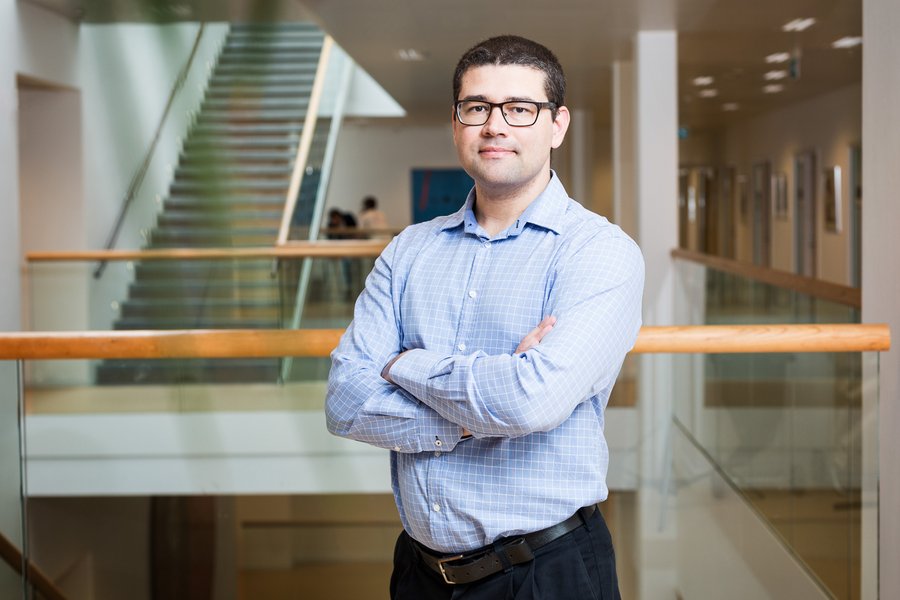Sapere Aude grant for research into the Internet of the future
The Internet is undergoing a degree of change that only a few can imagine. The flow of information is in explosive growth, and this places extreme demands on the way we compress and store data. Researchers are now getting started on the creation of completely new conditions for communication between humans and things in the network.

There are currently around 12 billion electronic units connected to the Internet. Researchers believe that this figure will increase to close to 500 billion during the course of the next decade. We are thus well on the way to the future Internet of Things (IoT), where all things possible will use sensors to find their way to the Internet and communicate with each other.
This development will obviously lead to colossal growth in data traffic, and increase our storage requirements dramatically. It is therefore necessary to find new methods to compress, send and store data.
Data storage in a new light
Associate Professor Daniel Enrique Lucani Rötter, Department of Engineering, has just been awarded a prestigious Sapere Aude grant to solve the major challenges associated with the Internet of the future.
“We’ll build on our existing scientific work and develop new concepts for the Internet of Things that make it possible to store data to an extent we can’t even imagine today,” he says.
What is special about the Internet of Things is that it is based on sensors that generate a flow of dynamic data that is difficult to predict. Therefore n agile compression of the data that allows us to perform swift updating is crucial in the future.
Read a researcher portrait of Daniel Enrique Lucani Rötter.
Preparation for the SuperInternet
As a newly appointed Sapere Aude research leader at Aarhus University, Associate Professor Rötter will develop a new method to store billions of files on the Internet.
“We’re working on a promising theory that can make it possible to compress data in a significantly more efficient way by indexing and identifying similarities in data fragments. It’s basically about getting away from compressing individual files to compressing across multiple files from different users and devices,” he says.
The project includes two PhD students, and the research team will collaborate with institutions such as the Massachusetts Institute of Technology (MIT), University of Neuchatel and Technische Universität Dresden.
The knowledge generated by the project will also be used in connection with educating future MSc in Engineering graduates.
More information
The Danish Council for Independent Research (DFF) Sapere Aude programme is for talented and leading researchers, and the grants are provided to strengthen research at a high international level.
